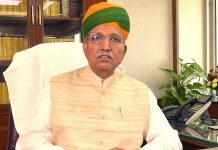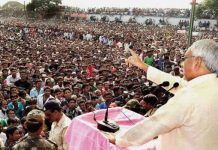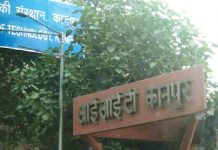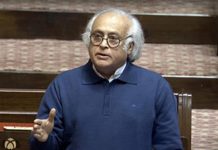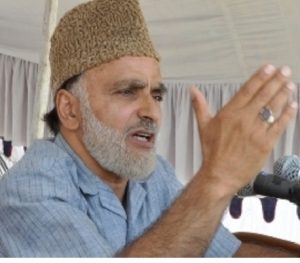
Srinagar, Oct 20: National Conference has opposed the BJP’s call for extension of 73rd and 74th amendment in Panchayat Raj Act to J&K, saying it will compromise J&K’s autonomy under Article 370.
“It is a calculated attempt to fiddle with the state’s special status,” the NC general secretary Ali Mohammad Sagar said. “It is another attack by the PDP-BJP to weaken the state’s constitution and its laws.”
Earlier addressing media persons, the BJP state president Ravinder Raina had pitched for the implementation of 73rd and 74th amendment in J&K. He urged the Governor Satya Pal Malik to pass an ordinance to this effect.
“The governor is the Constitutional head of the state and through an ordinance can incorporate 73rd and 74th amendment of the constitution in the state. It is in his power and he can do it easily,” Raina said. “The amendments are a must to strengthen grass-root level institutions and democracy in the state and help development as the central funds would be available if the 73rd and 74th amendments are extended to the state”.
But the major mainstream parties like NC are opposing it, arguing that doing so will further undermine J&K’s autonomy. Under Article 370, the central laws are not directly applicable to J&K and the state has the option of enacting a parallel law if it so wishes.
The 73rd Amendment Act of 1992 has provision for devolution of powers and responsibilities to panchayats. Panchayats can prepare plans for economic development and social justice in regard to 29 subjects listed in the eleventh schedule of the constitution
Similarly, the Constitution (74th Amendment) Act, also known as Nagarpalika Act came into force on June 1, 1993 and was aimed at supplementing the inadequate Constitutional provision for Local Self Government.
But the successive J&K governments have resisted implementing them arguing its own laws were adequate to oversee the functioning of the panchayat and municipal bodies.
“The amendments in the J&K Panchayat Raj Act, brought in by then Omar Abdullah led government are far more democratic, egalitarian and empowering than the central government acts,” said Sagar



